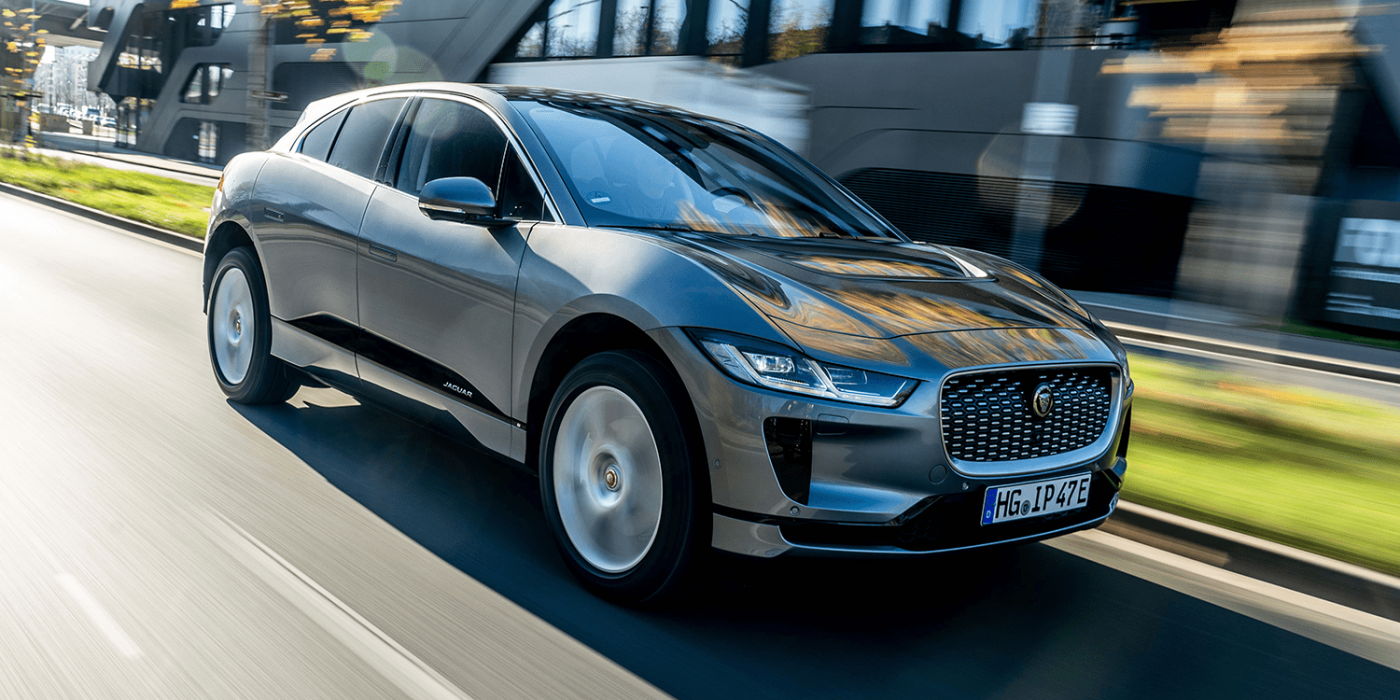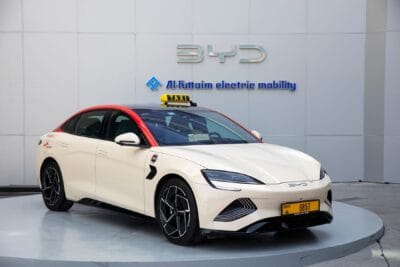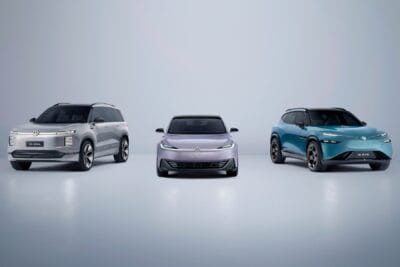Octopus Electric Vehicles launches UK leasing
In the UK, Octopus Energy Group‘s EV arm, Octopus Electric Vehicles has launched a new leasing service called Electric Dreams. The service aims to help employees make the switch to clean driving easier and cheaper.
The Electric Dreams scheme offers a ‘salary sacrifice’ system, similar to UK’s cycle-to-work scheme that allows employees to make tax-free payments for a new EV from their salary. In return, each employee benefits from a fully insured and maintained EV.
In a promotion action, Octopus is offering drivers ordering before July a free smart home charge point, installed by the Octopus Energy Services team. If the lessee is taking home energy from Octopus Energy, drivers will also receive enough free renewable electricity to drive 8,000 miles.
Electric Dreams has already gathered some steam with currently a total of 15 companies already on the scheme, including Huel and Purplebricks, which means it is already available to 1,491 employees across the UK. Drivers joining the scheme are saving an average of £14,445 over three years, by sacrificing some pre-tax salary in return for a new electric car.
The Octopus Electric Vehicles scheme is supported by Tesla, Polestar and Jaguar, whereby Close Brothers for in for financing, Lloyd Latchford for Insurance and the AA for breakdown and recovery.
Fiona Howarth, CEO of Octopus Electric Vehicles, says: “We have seen a seven-fold jump in salary sacrifice enquiries in the last year. If businesses in the UK introduce a scheme like this, they have the power to significantly reduce transport emissions across the UK by 2030.”
The Electric Dreams scheme is available due to the UK government’s low Benefit in Kind (BiK) tax rates for electric vehicles. Here, BiK tax is just 1% for the tax year 2021-22 and 2% for the three years following. At the same time, combustion vehicles are still subject to an average of 27% BIK tax when using a salary sacrifice payment system.
James McMaster, CEO at Huel, added, “We’re not the sort of company that would go with a traditional car scheme. Being able to offer something that promotes cleaner transport has been a real benefit to helping our team live our mission of a more sustainable world – they are amazed at what a brilliant deal this is.”
Leasing electric vehicles in fleet decarbonisation
In the UK, the international Climate Group initiative EV100 said that leasing companies are really driving uptake of zero- and low-emission vehicles in company fleets. Here, the top markets for corporate fleet deployment were Germany, Switzerland, and France but when it came to pledges made, the UK overtook these three countries.
While these pledges are forward-looking, The head of the EV100 initiative, Sandra Roling said she sees great potential in leasing companies “because they work towards a long-term vision and they have a lot of impact in terms of educating customers, and leasing companies are able to purchase vehicles in bulk.” For example, when Leaseplan first joined EV100, it not only committed to transitioning its own employee fleet to electric by 2021, but also to targeting net zero emissions from its entire 1.8 million vehicle customer fleet by 2030.
The UK company Leasplan is the UK pioneer in this sense. When Leaseplan first joined EV100, it not only committed to transitioning its own employee fleet to electric by 2021, but also to targeting net zero emissions from its entire 1.8 million vehicle customer fleet by 2030.
The optimism shown by Leaseplan was greatly supported by the positive results from offering clients EVs to try out. After the first year of offering clients EV pilot projects ahead of permanently making the switch, Leaseplan saw registrations of battery EVs in its customer fleet grow by 77% in the countries where the trial took place. Most customers also went on to permanently incorporate EVs in their fleets. Rolins emphasises the fact that “This shows a clear business case – leasing companies want to provide the cars people want to drive, and people want to drive EVs. It also demonstrates the power leasing companies have over influencing the uptake of EVs by their customers”
It turns out, the learning goes both ways, especially if it comes to client communications and the right kinds of packages for various customer requirements. Roling observes: “There’s a big gap right now between companies offering packages where the customer can say: ‘I talked to my leasing company, they know what to do, they can help me do the analysis and there’s a whole one-stop-shop package,’ versus: ‘I asked my leasing company (about electric vehicles) and they told me forget about it.” Again she sees further work to be done in connecting and communicating these requirements and points to EV100 having seen increased collaboration and networking between members.
Here, Octopus Energy seems to have understood the core concept and taken up an entire package that includes a service package, energy supply and infrastructure support. The question is still whether the launched useful offers made by Octopus Electric Vehicles on home charging units and their instalment, as well as and reduced rates on charging, will continue in some form after July. What is still missing in the Octopus offer appears to be either a wide range of electric vehicles in different price ranges, as well as more diverse vehicle types, such as vans and people-movers, so that companies can entirely decarbonise their fleets as well as their employee’s vehicles.





0 Comments